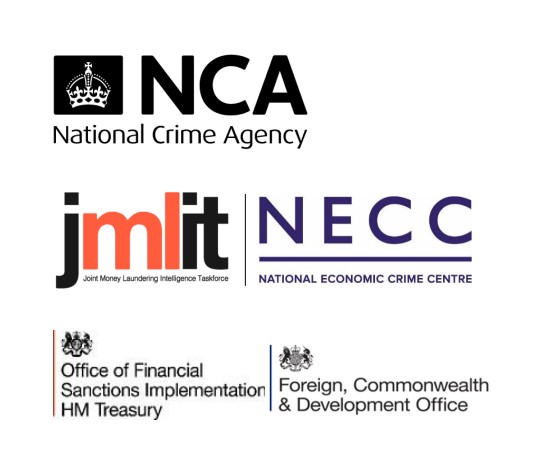Sanctions
View resources and guidance to help you comply with sanctions (Restrictive Measures) on Russia and Belarus over Ukraine

Featured resource
Update on sanctions avoidance network
Featured resource
Update on sanctions avoidance network
A recent alert has been published by the UK National Crime Agency (NCA), Office of Financial Sanctions Implementation (OFSI), and Foreign Commonwealth & Development Office (FCDO) on sanctions evasion schemes. It provides useful information to identify potential sanctions evasion in relation to the sale of Russian oil and gas.
